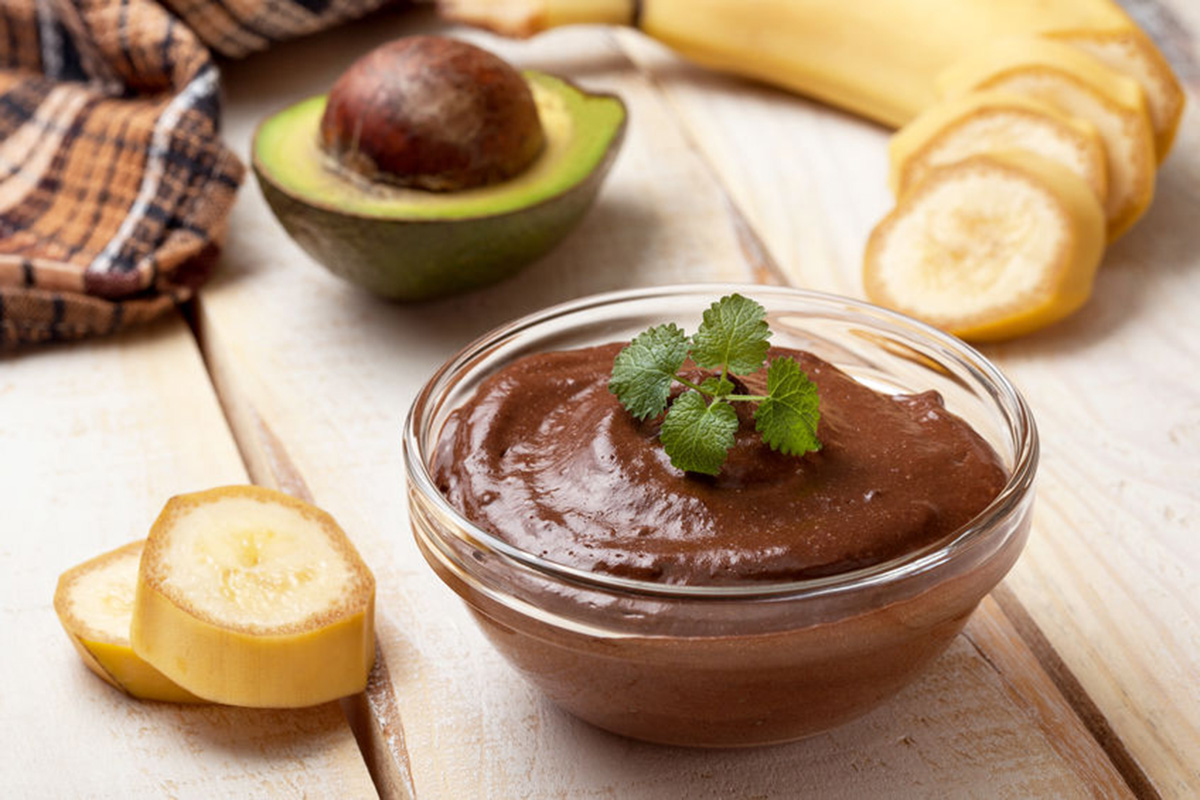Food intolerances or “sensitivities” can affect you in so many ways.
And they’re a lot more common than most people think.
I’m not talking about anaphylaxis or immediate allergic reactions that involve an immune response. Those can be serious and life-threatening. If you have any allergies, you need to steer clear of any traces of foods you are allergic to, and speak with your doctor or pharmacist about emergency medication, if necessary.
What I’m talking about, is an intolerance, meaning you do not tolerate a specific food very well and it causes immediate or chronic symptoms anywhere in the body. Symptoms can take hours or even days to show themselves. And symptoms can be located just about anywhere in the body.
This is what makes them so tricky to identify.
Symptoms of Food Intolerance
There are some common food intolerances that have immediate and terribly painful gastrointestinal symptoms, such as lactose intolerance or celiac disease. These can cause stomach pain, gas, bloating, and/or diarrhea; symptoms that can start immediately after eating lactose or gluten.
On the other hand, other more insidious symptoms may not be linked to foods in an obvious way.
Symptoms like:
- Chronic muscle or joint pain
- Sweating, or increased heart rate or blood pressure
- Headaches or migraines
- Exhaustion after a good night’s sleep
- Autoimmune conditions like Hashimoto’s or rheumatoid arthritis
- Rashes or eczema
- Inability to concentrate or feeling like your brain is “foggy”
- Shortness of breath
If your body has trouble digesting specific foods, it can affect your hormones, metabolism, or even cause inflammation and result in any of the symptoms listed above. These can affect any (or all) parts of the body, not just your gastrointestinal system.
How to Prevent Intolerances
The main thing you can do is to figure out which foods or drinks you may be reacting to and stop ingesting them.
I know, I know…this sounds so simple, and yet it can be SO HARD. Many of my clients come to me knowing that they don’t feel quite right, but aren’t sure how to identify what’s going on.
Food intolerance is something I’m trained to look for as a Registered Holistic Nutritionist. If you suspect food intolerances could be partly to blame for your symptoms, book a consultation with me to learn more.
The best way to identify your food/drink triggers is to eliminate them.
Yup, get rid of those offending foods/drinks. All traces of them, for three full weeks and monitor your symptoms.
If things get better, then you need to decide whether it’s worth it to stop ingesting them altogether, or if you want to slowly introduce them back one at a time while still looking out to see if/when symptoms return.
Start Here: Two common food intolerances
Here are two of the most common triggers of food intolerances:
- Lactose (in dairy – eliminate altogether, or look for a “lactose-free” label – try nut or coconut milk instead).
- Gluten (in wheat, rye, and other common grains – look for a “gluten-free” label – try gluten-free grains like rice, quinoa & gluten-free oats).
This is by no means a complete list, but it’s a good place to start because lactose intolerance is thought to affect up to 75% of people, while “non-celiac gluten sensitivity” can affect up to 13% of people.
So, if you can eliminate all traces of lactose and gluten for three weeks, it can confirm whether either or both of these, are a source of your symptoms.
Yes, dairy and grains are a part of many government-recommended food guidelines, but you absolutely can get all of the nutrients you need if you focus on replacing them with nutrient-dense foods.
A reliable way to monitor how you feel after eating certain foods is to track it. After every meal or snack, write down the foods you ate, and any symptoms so you can more easily spot trends.
Click here to download a free copy of my Weekly Food Journal to help you track your symptoms.
As I mentioned earlier, symptoms may not start immediately following a meal. You may find, for example, that you wake up with a headache the morning after eating bananas.
You might be surprised what links you can find if you track your food and symptoms well!
IMPORTANT NOTE: When you eliminate something, you need to make sure it’s not hiding in other foods, or the whole point of eliminating it for a few weeks is lost. Restaurant food, packaged foods, and sauces or dressings are notorious for adding ingredients that you’d never think are there. You know that sugar hides in almost everything, but did you also know that wheat is often added to processed meats and soy sauce, and lactose can even be found in some medications or supplements?
When in doubt you HAVE to ask the server in a restaurant about hidden ingredients, read labels, and consider cooking from scratch.
What if it doesn’t work?
If eliminating these two common food intolerances doesn’t work, then you can go one step further to eliminate all dairy (even lactose-free) and all grains (even gluten-free) for three weeks.
You may need to see a qualified healthcare practitioner for help, and that’s OK. I don’t want you to continue suffering if you don’t need to!
Recipe (dairy-free milk): Homemade Nut/Seed Milk

Makes 3 cups
½ cup raw nuts/seeds (almonds, walnuts, pecans, pumpkin seeds, or sesame seeds)
2 cups water
¼ teaspoon vanilla extract (optional)
- Soak nuts/seeds for about 8 hours (optional, but recommended).
- Dump soaking water & rinse nuts/seeds.
- Add soaked nuts/seeds and 2 cups water to a high-speed blender and blend on high for about one minute until very smooth.
- Strain through a small mesh sieve with 2 layers of cheesecloth. Squeeze if necessary.
Serve & enjoy!
Tip: You can double the recipe and store the milk in an airtight container in the fridge for up to 7 days.
References:
http://www.dietvsdisease.org/11-warning-signs-you-have-a-food-intolerance/
http://www.precisionnutrition.com/food-sensitivities-health-infographic






